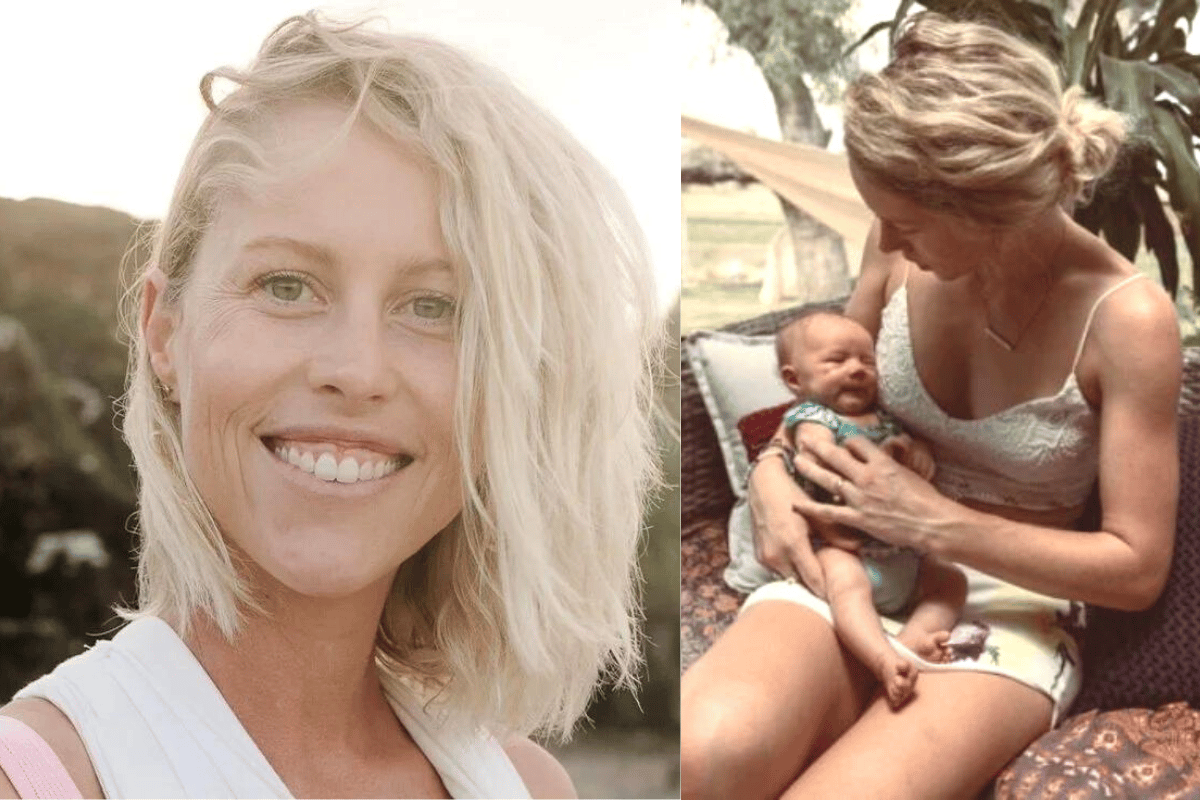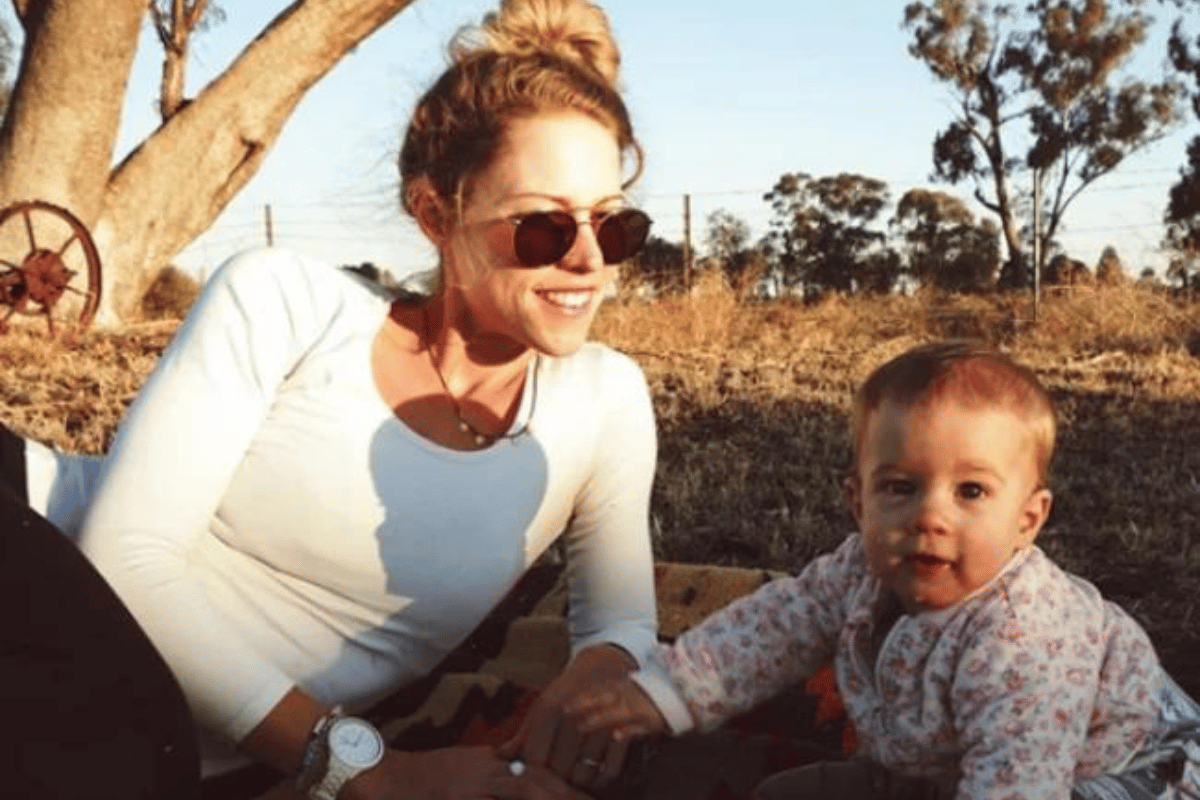
Virginia Tapscott describes herself as university-educated, career-oriented and ambitious. She also has four children under the age of six - and she doesn't want a career.
Virginia was raised with the idea that 'girls can do anything'.
She dreamt of being a police officer, then decided on journalism because she loved listening to the radio. So Virginia went to university to embark on media studies and began her career.
But when Virginia fell pregnant at 25 with her firstborn Oscar, something hit her: a realisation that she didn't want the big career and everything that came with it. She just wanted to be a mum.
A few weeks ago, Virginia wrote an opinion piece that spoke about the judgement she has faced as a result of being a mum looking after her kids at home full-time.
And this week, Mia Freedman and Virginia unpacked the tension women experience when they have kids on No Filter.
Watch Gretel Killeen on parenting as a single mum: "It was really bloody hard." Post continues below.



Top Comments